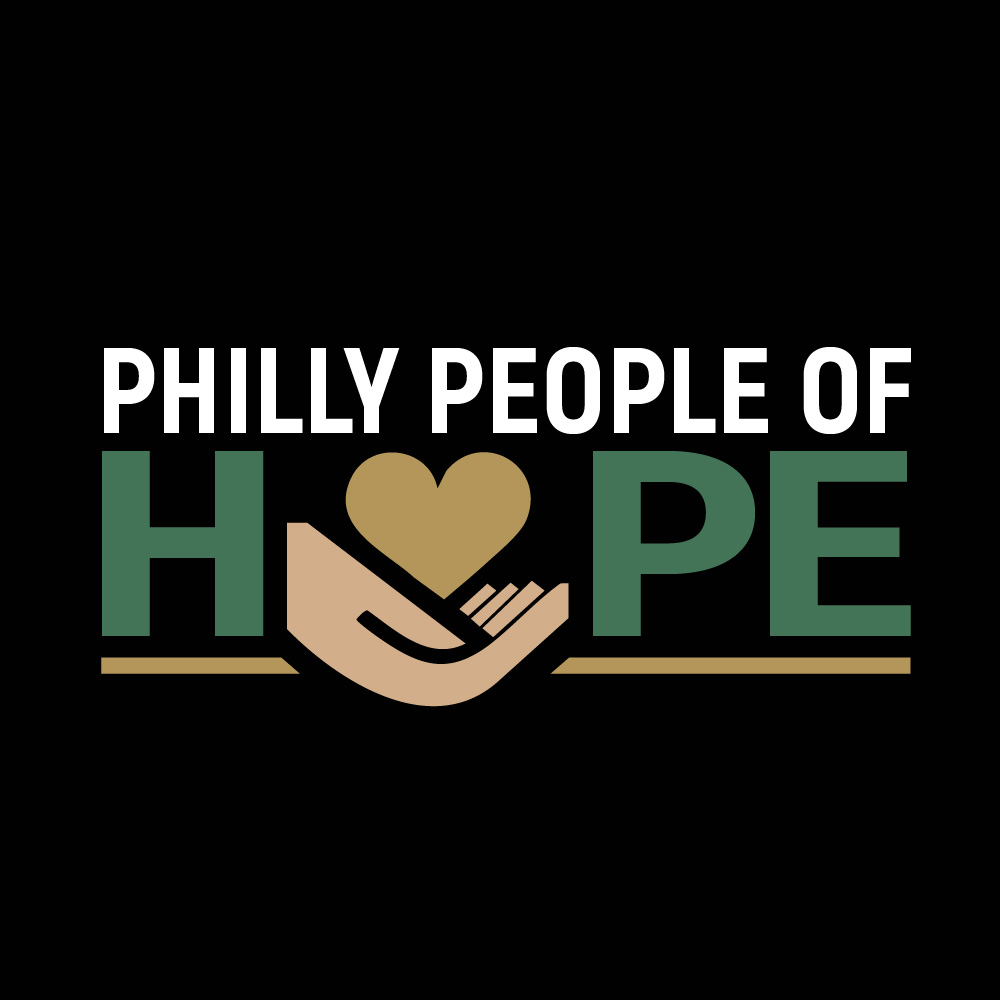We’re excited to introduce you to the always interesting and insightful Angelique Whaley. We hope you’ll enjoy our conversation with Angelique below.
Angelique, thanks for joining us, excited to have you contributing your stories and insights. Let’s kick things off with your mission – what is it and what’s the story behind why it’s your mission?
My connection to this mission started simply—I just wanted to help. I started off as an advocate, supporting people who were unhoused or in shelters, helping them navigate broken systems, speak up when something wasn’t right, and get basic needs met. But the deeper I got, the more I realized how bad things really were. Over time, my clients started trusting me with more—real-time updates, text messages, photos of unsafe conditions, proof of retaliation or abuse. And it became horrifying. I wasn’t just hearing about one or two incidents—I was seeing a pattern, a system designed to keep people silent, dependent, and afraid.
It’s been about two years now, and what I’ve witnessed has changed me. It’s no longer just about advocacy—it’s about protection. It’s about exposing corruption that hurts vulnerable people. I’ve watched people disappear. I’ve seen shelters deny care, punish people for asking questions, or retaliate when someone speaks out. And because people trusted me enough to tell their stories, I can’t walk away from it. I carry that with me every day.
This mission is deeply personal because I’ve seen the gap between what the public thinks is happening and what’s actually happening. And my role has become to bridge that gap—with truth, with documentation, and with organizing. I don’t see this as charity work or service—I see it as justice work. And it’s meaningful to me because real lives are on the line
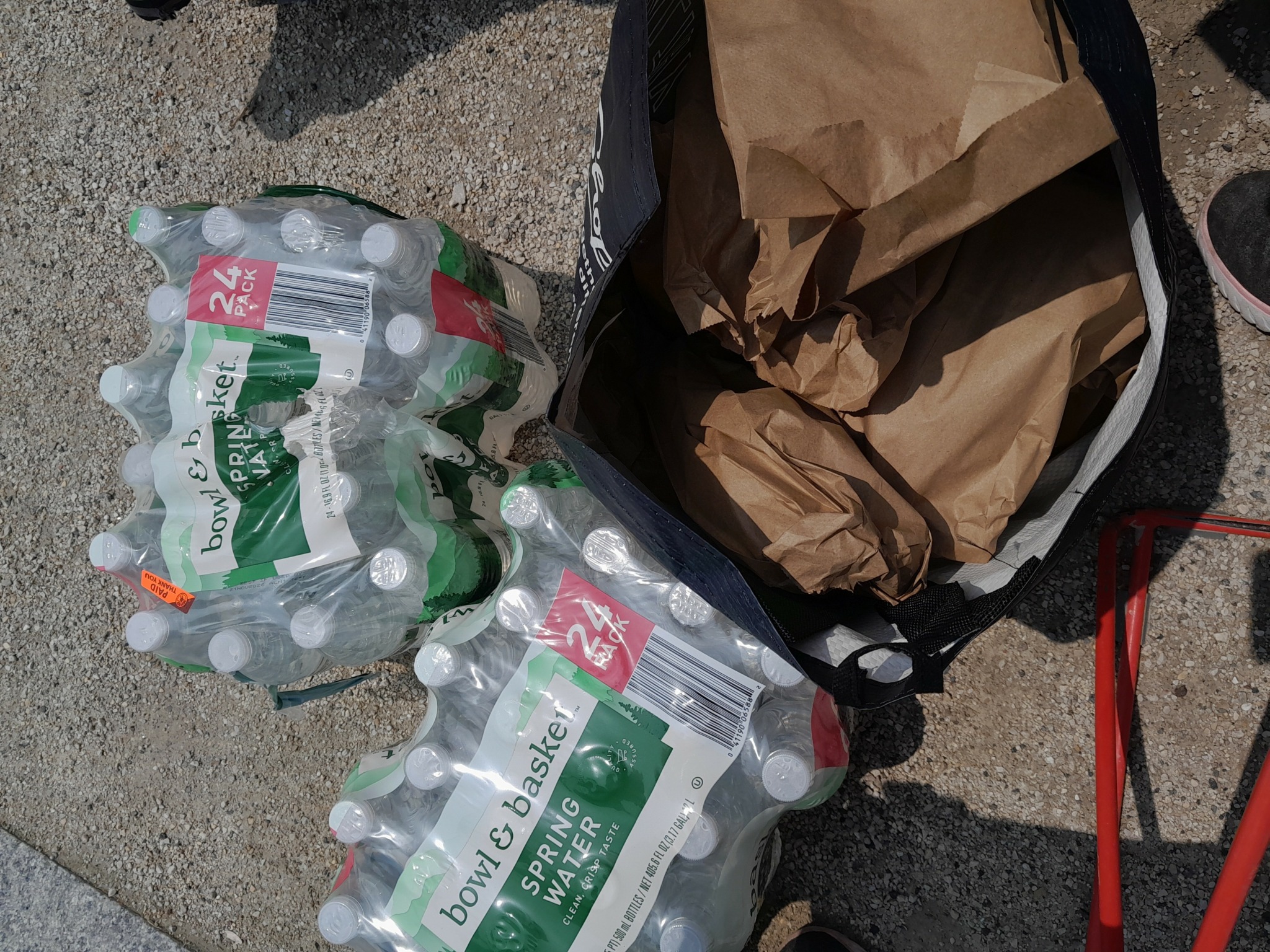
Great, appreciate you sharing that with us. Before we ask you to share more of your insights, can you take a moment to introduce yourself and how you got to where you are today to our readers.
My name is Miss Angelique or most better known as Miss Ann, and I’m the founder of Philly People of Hope, a grassroots abolitionist movement grounded in survival, truth-telling, and radical care. I didn’t set out to start a brand or an organization—I set out to help people I saw being ignored, punished, or disappeared by the very systems that claimed to protect them. I started as an advocate. At first, that meant helping people file complaints, get transportation, survive violent shelters, and navigate city services that were more performative than protective. But over time, something changed.
People began to trust me with their stories. And I don’t mean vague or anonymous stories—I mean real-time videos, photos, voice memos, and physical proof of mold, bedbugs, sexual harassment, retaliation, and religious discrimination inside shelters funded by the City of Philadelphia. What I was seeing behind the scenes was horrifying. People were being criminalized for being poor, labeled as “noncompliant” just for asking questions, and forced into silence or punished when they tried to speak up. I realized I wasn’t just dealing with isolated incidents—I was standing in the middle of a system designed to erase people.
That’s what led me to build Philly People of Hope. It’s not a nonprofit. It’s not a charity. It’s a liberation project. We are community-led, abolitionist, and driven by those who live the struggle every day. Our work includes direct outreach—bringing food, hygiene supplies, Narcan, tents, and love to people who are surviving outside or inside unsafe shelters. But our work also includes protest. Exposure. Strategic confrontation. Because we know that people don’t become homeless in a vacuum—they’re pushed there by policy violence, medical neglect, racism, and decades of systemic abandonment.
We organize public sleep-outs at City Hall to expose what really happens at night. We document retaliation. We sit with people who are grieving, hungry, terrified, or criminalized just for trying to exist. We support Muslim clients being punished for wearing hijab or fasting. We respond when people disappear from known street corners. We show up with cameras, data, and deep care.
And the most radical thing we do? We believe people. We don’t just offer resources—we offer protection, platform, and presence. We protect people who’ve been threatened. We offer ourselves as shields. And we use everything—from Twitter threads to press interviews to street protests—to tell the truth when no one else will.
What makes us different is that we’re not pretending to be neutral. We are not afraid to say who’s causing harm, or to name the directors, organizations, and elected officials who allow it to continue. We don’t move quietly behind closed doors—we move out loud, in the open, and with our people at the center.
What I’m most proud of is the trust people have placed in me and in this movement. When someone who has been abused, ignored, or retaliated against hands me their story, that is sacred. It’s not content—it’s a life. And I carry that with me every single day. I carry it into meetings with journalists, into strategy calls, into social media, into my sleepless nights. This work is heavy, but it’s holy. And I don’t take it lightly.
If this is your first time hearing about me or Philly People of Hope, here’s what I want you to know: we are not here to decorate injustice. We are here to dismantle it. We don’t want to make shelters “better”—we want to abolish the shelter system and replace it with safety, housing, dignity, and self-determination. We believe in mutual aid, in community defense, and in the power of people to protect each other when the state fails.
This isn’t a business. It’s a fight for people’s lives. And every single person we’ve protected, stood with, or helped survive—that’s what keeps me going.
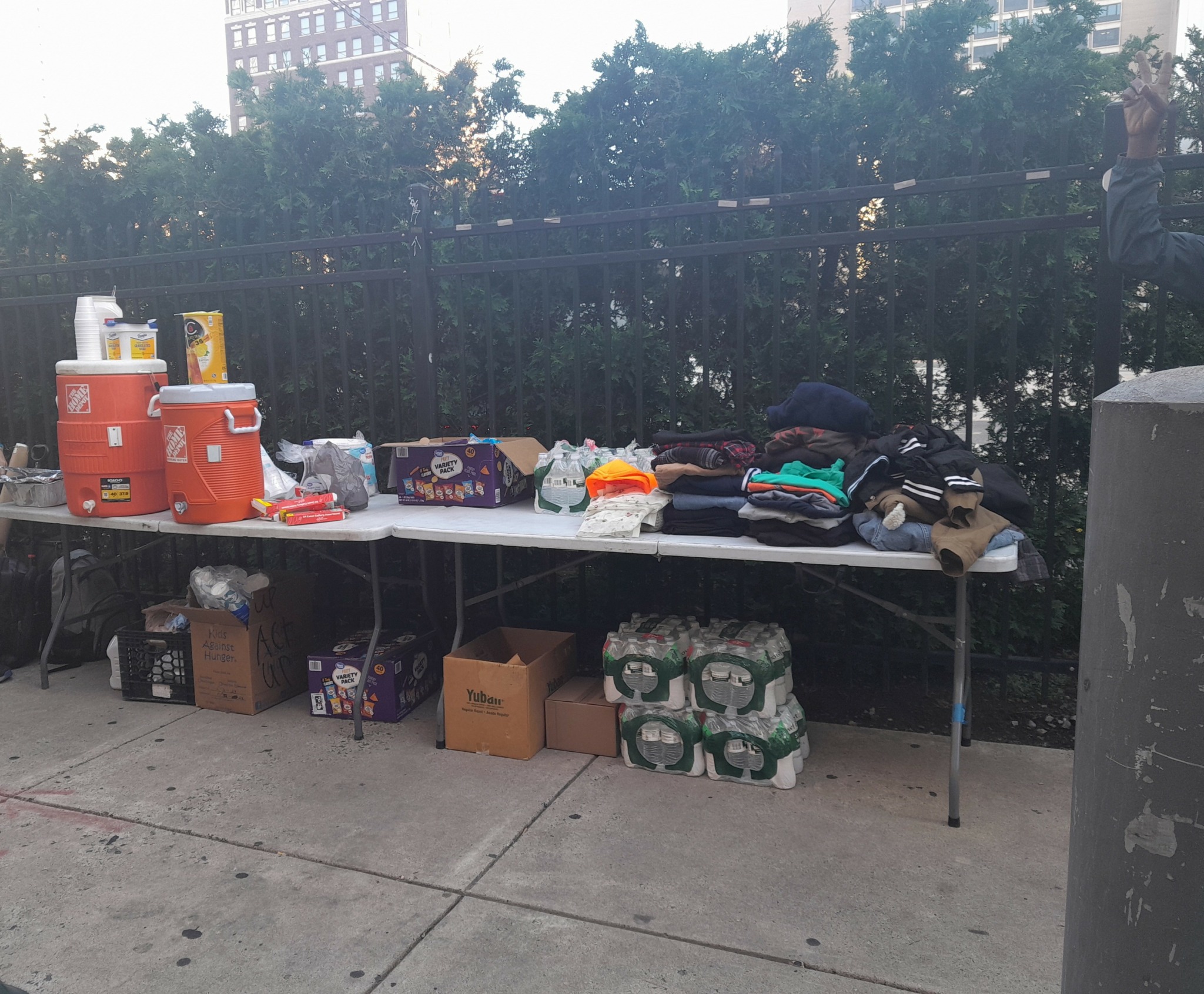
Any advice for managing a team?
Managing a team—especially in crisis work or advocacy—means understanding that people are bringing more than just skills to the table. They’re bringing grief, fatigue, fire, and lived experiences that don’t shut off at the end of the day. So for me, maintaining high morale starts with building real relationships—not just work-based ones. I listen deeply. I check in often. I don’t treat people like machines—I treat them like whole human beings.
One piece of advice I’d give is: never assume someone’s silence means they’re okay. Sometimes people show up, do the work, and keep pushing even when they’re breaking inside. A good leader pays attention to energy, tone, body language—and creates space where people feel safe being honest. That’s how you keep people from burning out.
I also believe that trust builds morale more than pressure ever will. When people feel trusted, they bring more of themselves into the work. I don’t micromanage. I ask people what they need to thrive. I celebrate small wins. I make space for laughter even in heavy times. And when someone needs to pause or step back—I honor that, because we’re not disposable.
Our work at Philly People of Hope is emotionally intense. We deal with injustice, disappearances, abuse, and survival. So I center care as a strategy. That might mean debriefing after a protest, sharing food after outreach, or just reminding someone that they are valued beyond what they produce.
At the end of the day, morale isn’t built by pizza parties or motivational quotes—it’s built by truth, trust, and love. That’s how I lead, and that’s what keeps our people coming back even when the work is hard.
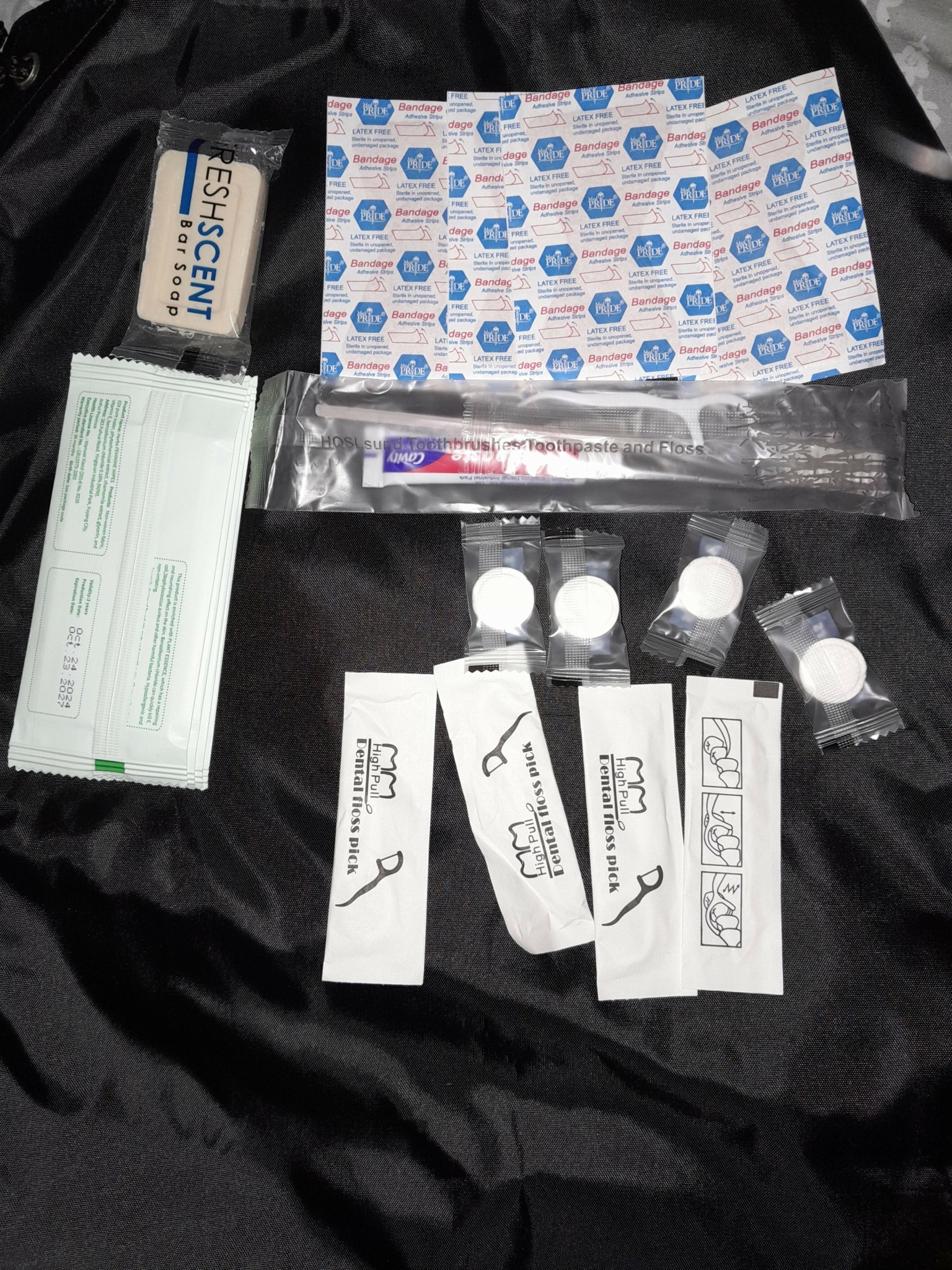
Can you share a story from your journey that illustrates your resilience?
One story that really reflects my resilience happened during a long stretch when two of my clients were stuck in a shelter that was unsafe, unsanitary, and outright abusive. They were being threatened for speaking up—just for asking for clean water and access to the care they needed. I knew I couldn’t just file a complaint and wait. I needed to move.
So I started showing up. Over and over again. I went to City Council repeatedly—testifying, submitting documentation, following up with staff, and refusing to be dismissed. Some days I was the only person in the room speaking for unhoused people. Other days, I was told to be patient or go through the “proper channels,” even though those same channels were failing the people I was fighting for.
But I kept going. I showed up week after week, even when it was emotionally draining, even when it felt like I was being ignored. I brought evidence, I raised my voice, and I made sure they couldn’t look away. Eventually, the pressure worked—those two clients were relocated to safer, more stable environments. It didn’t happen overnight, and it didn’t happen because the system suddenly worked. It happened because I refused to give up on them.
That moment taught me a lot about what real advocacy takes. It’s not always loud, and it’s rarely quick. But it’s about staying with people through the storm, even when you’re exhausted too. That’s what resilience means to me—not just pushing through hardship, but protecting people through it.
Contact Info:
- Instagram: https://www.instagram.com/phillypeopleofhope/
- Facebook: https://www.facebook.com/profile.php?id=61575108659025
- Linkedin: https://www.linkedin.com/in/miss-angelique-24745736a/
- Twitter: https://x.com/phillypplofhope
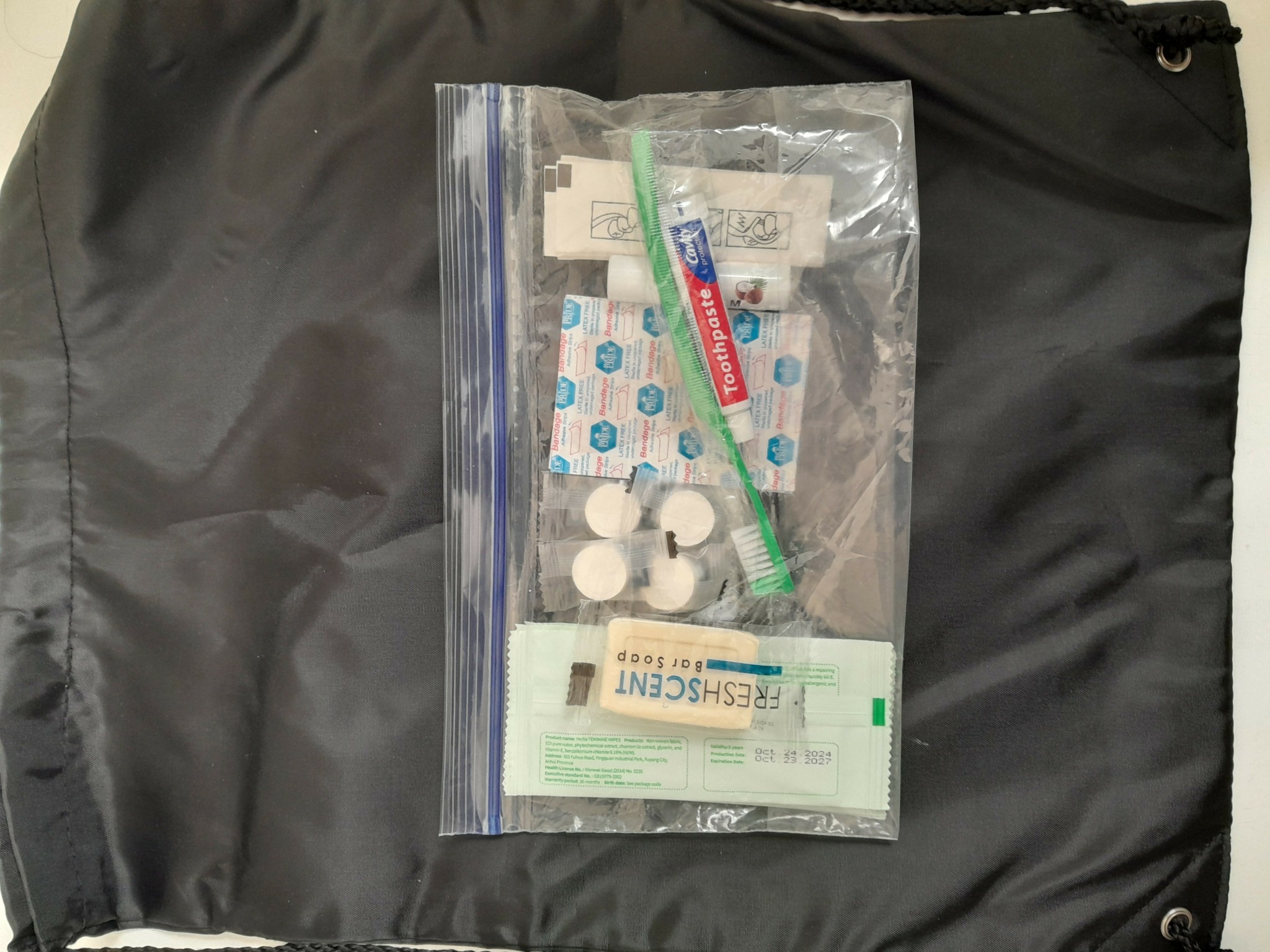
Image Credits
All taken by cellphones. We are too busy doing direct outreach consistently to have a photographer around consistently.


